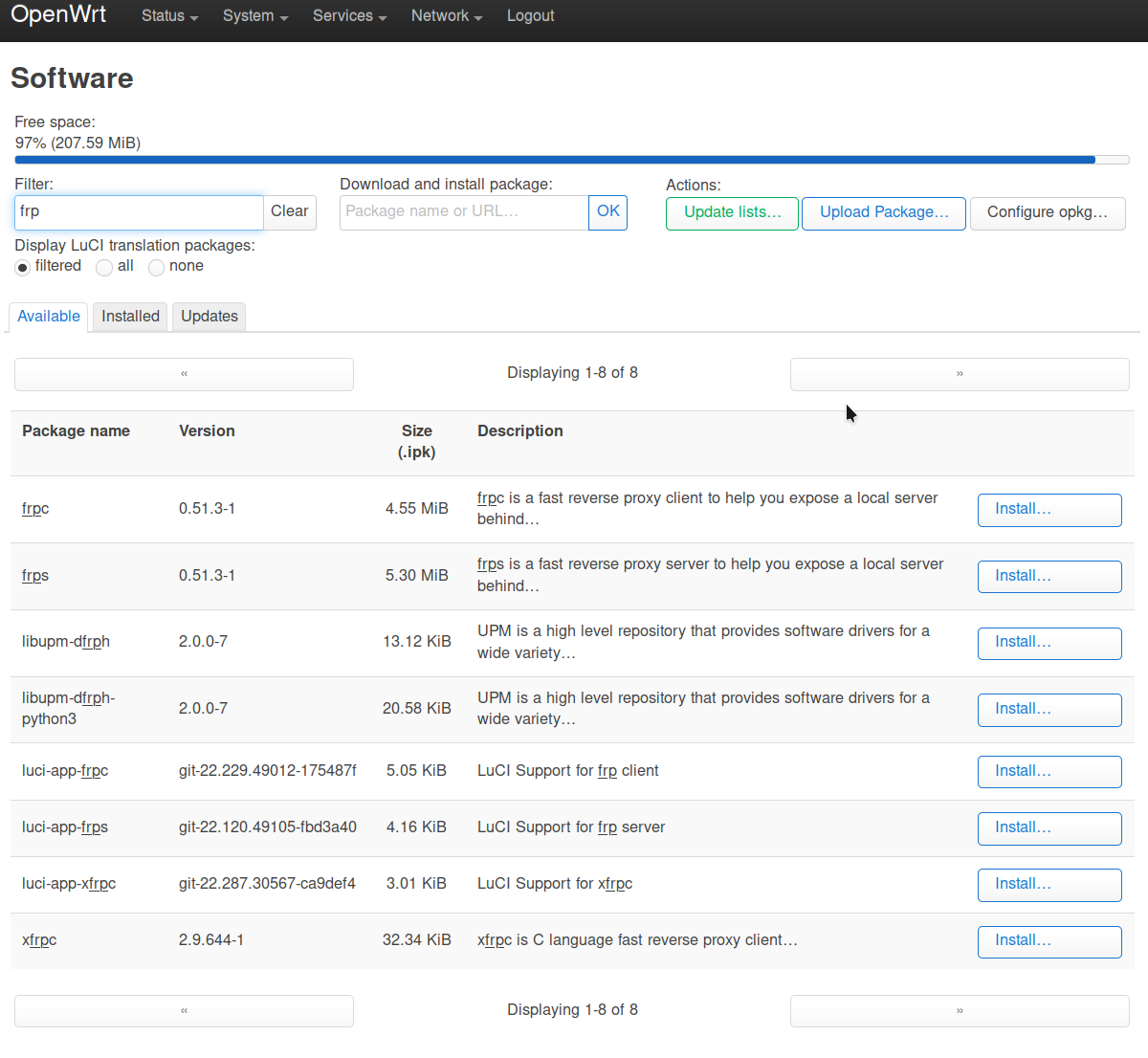

I have none of that on my phone, just plain old keyboard.
But the reason it’s everywhere is it’s the new hot thing and every company in the world feels like they have to get on board now or they’ll be potentially left behind, can’t let anyone have a headstart. It’s incredibly dumb and shortsighted but since actually innovating in features is hard and AI is cheap to implement, that’s what every company goes for.











I think it can also get weird when you call other makefiles, like if you go
make -j64at the top level and that thing goes on to call make on subprojects, that can be a looooot of threads of that-jgets passed down. So even on that 64 core machine, now you have possibly 4096 jobs going, and it surfaces bugs that might not have been a problem when we had 2-4 cores (oh no, make is running 16 jobs at once, the horror).